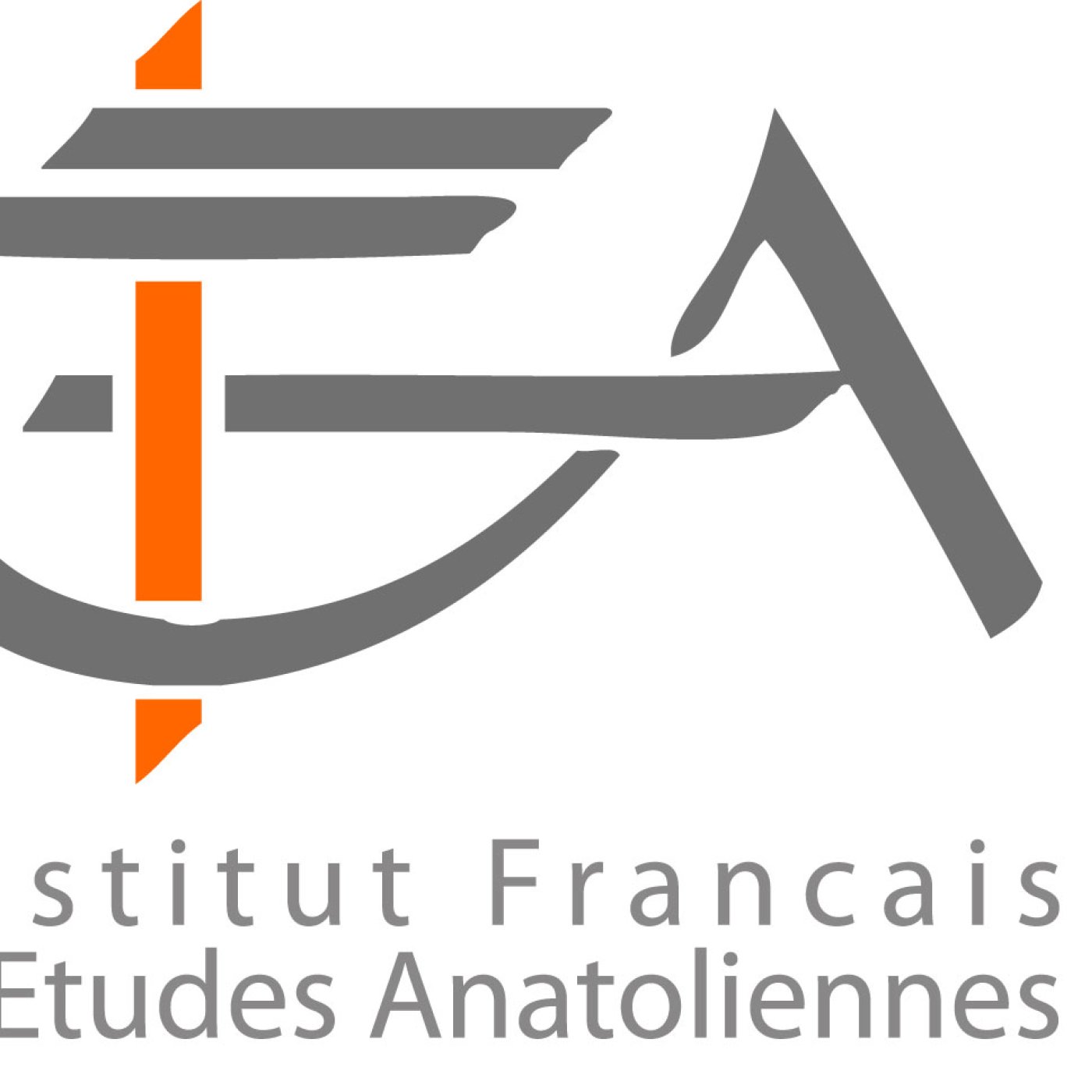Quo Vadis Turkey and Greece/Cyprus Relations? Impacts on Turkey’s Foreign Policy

Mustafa Aydın (Kadir Has University) and Dimitrios Triantaphyllou (Kadir Has University)
The relations between Greece and Turkey find themselves in a state of increased tensions for most of 2020 with no end in sight regarding their alleviation. The two nations sharing a common geography, a flank state mentality, and complex historical relations, have been facing the challenge of addressing their outstanding differences at a time when the regional and global order is undergoing systemic change. The delicate status quo that has shaped the relations between the two countries since 1999, with the beginning of a rapprochement process predicated on the jumpstarting of Turkey’s accession process to the European Union, been challenged in recent years due to a number of reasons. Some of these include the stalling of Turkey’s EU bid, the ownership of possible fossil fuels located in disputed waters, the continued inability to resolve the Cyprus governance context, and the ongoing structural administrative changes in Turkey accompanied by a more coercive foreign policy approach. The objective is a peaceful resolution of their differences where the option of a status quo ante situation is not sustainable anymore while a further militarization of the crisis both between Turkey and Greece and in Cyprus could potentially lead to an armed conflict. The path chosen by both countries to resolve their differences could have fundamental implications for Turkey’s foreign policy in terms of how closely it remains aligned with or how it irrevocably disengages from that of its European and western partners.
Mustafa Aydın is a Professor of International Relations at Kadir Has University (Istanbul), and the President of International Relations Council of Turkey. Previously, he worked at Ankara University (1994-2005) and Economy and Technology University (2005-2009), and was the Rector of Kadir Has University between 2010 and 2018. Professor Aydın was guest researcher and/or lecturer at Michigan (1998), Harvard (2002, Fulbright fellow), and Athens (2003, Onassis Fellow) universities, as well as at Richardson Institute for Peace Studies (1999, Unesco Fellow) and the EU Institute for Security Studies (2003). He is a member of International Studies Association (ISA), Turkish Atlantic Council, Turkish Political Sciences Association, European Leadership Network, Greek-Turkish Forum, and European Academy of Art and Sciences. Prof. Aydın’s areas of interest include international politics, foreign policy analysis, security issues related to Central Asia, Caucasus, the Black Sea and the Middle East, as well as Turkish foreign and security polices. Some of his works are International Security Today; Understanding Change and Debating Security (with K. Ifantis, 2006); Turkish Foreign and Security Policy (2006); Turkish Foreign Policy; Old Problems, New Parameters (2010); and Non-Traditional Security Threats and Regional Cooperation in the Southern Caucasus (2011).
Dimitrios Triantaphyllou is Professor of International Relations and Director of the Center for International and European Studies (CIES) at Kadir Has University in Istanbul. He holds a BA in Political Science and History from the University of California, Berkeley and an MA and PhD in International Relations from the Fletcher School of Law and Diplomacy, Tufts University. He has previously served in various capacities in a number of research and academic institutions such as the Hellenic Foundation for European and Foreign Policy (ELIAMEP), Athens; the EU Institute for Security Studies, Paris; the Hellenic Observatory at the London School of Economics; the University of the Aegean, Rhodes; and the International Center for Black Sea Studies (ICBSS). Athens. He also served as an advisor at the Hellenic Ministry for Foreign Affairs. He is Associate Editor of Southeast European and Black Sea Studies (SSCI indexed); a member of the Greek-Turkish Forum; co-convener of the Commission on the Black Sea; a member of the Advisory Boards of the Black Sea Trust for Regional Cooperation, the International Institute for Peace, Vienna; the Black Sea NGO Forum, and the Corporate Social Responsibility Association of Turkey. His more recent applied and research interests include Greek-Turkish Relations, Black Sea Security and Politics; and EU foreign and neighbourhood policies. He is also actively engaged in a number of non-formal education initiatives promoting civic engagement and youth empowerment.
Interventions en anglais
Détails
| Date de l'événement | 11/11/2020 6:30 pm |
| Places | Illimitée |
| Inscrit.e.s | 1 |
| Lieu | Zoom meeting |
Conférencier.e.s
Dimitrios Triantaphyllou
Department of International Relations Director, Center for International and European Studies (CIES), Kadir Has University




